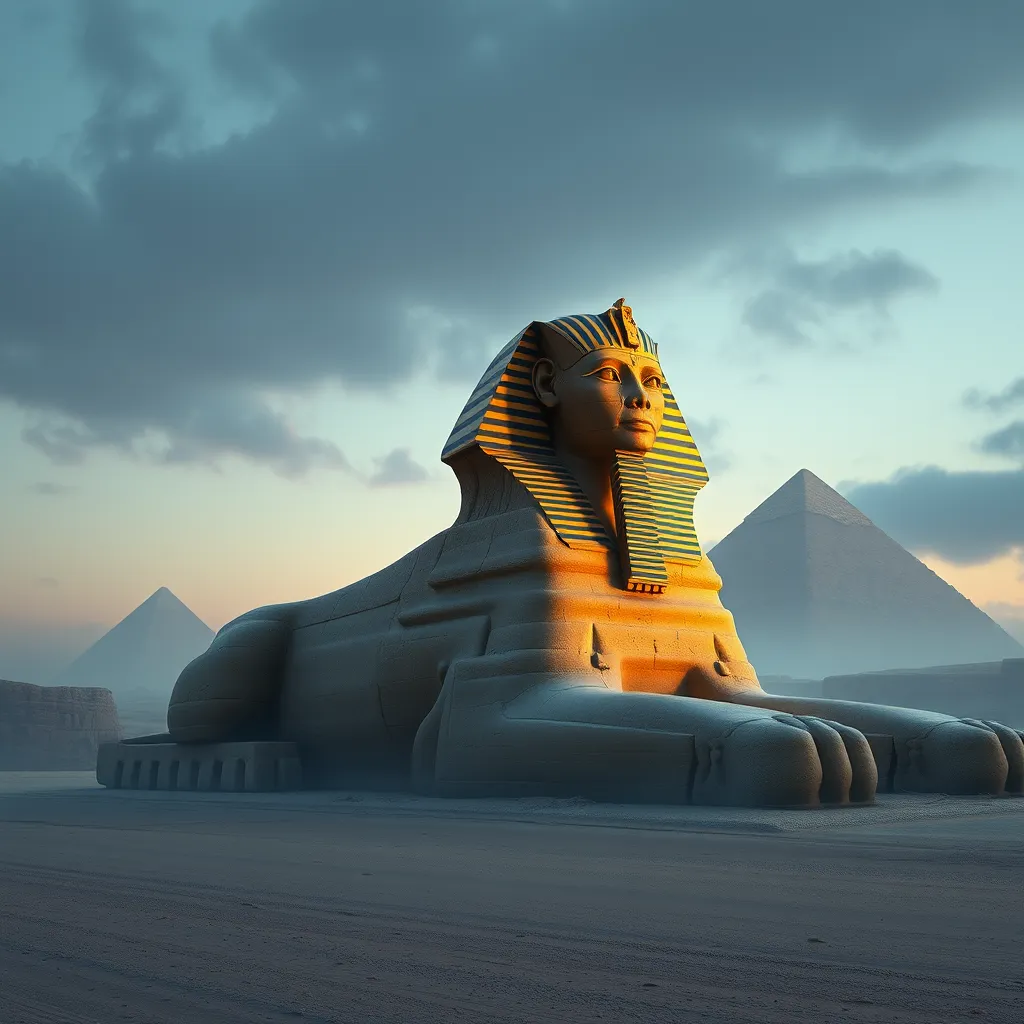From Greek Monster to Global Symbol: The Legacy of the Hydra
I. Introduction
The Hydra, a legendary creature from Greek mythology, has captivated imaginations for centuries. Known for its many heads and regenerative abilities, the Hydra symbolizes both chaos and resilience. This article explores the evolution of the Hydra as a symbol throughout history, examining its mythological origins, representations in art and literature, and its place in modern culture.
II. The Mythological Origins of the Hydra
In Greek mythology, the Hydra was a serpent-like monster with multiple heads, typically depicted as having nine. According to legend, each time one of its heads was cut off, two more would grow back in its place, making it nearly invincible. The Hydra resided in the swamps of Lerna and was known for terrorizing the surrounding area.
The creature plays a significant role in the Twelve Labors of Heracles, specifically the second labor where Heracles was tasked with slaying the Hydra. With the help of his nephew Iolaus, who cauterized the necks after Heracles severed the heads, they ultimately defeated the creature. This labor emphasizes themes of teamwork and cleverness in overcoming seemingly insurmountable challenges.
In ancient Greek beliefs, the Hydra symbolized the chaotic forces of nature. It represented the idea that challenges can multiply if not addressed correctly, serving as a warning against complacency in the face of difficulties.
III. The Hydra in Ancient Art and Literature
The Hydra has been depicted in numerous forms of classical art, ranging from pottery to sculpture. Ancient Greek vases often featured scenes of Heracles battling the creature, showcasing both the hero’s strength and the Hydra’s formidable nature. Such artistic representations not only celebrated Heracles’ victory but also instilled a sense of fear and respect for the creature’s power.
In literature, the Hydra appears in various works, including the epic poems of Homer and the writings of later authors like Apollodorus. The tales often convey emotional and moral lessons, illustrating the struggle between good and evil, and the necessity of courage and ingenuity in the face of monstrous challenges.
- Key themes in Hydra tales include:
- The battle between heroism and monstrosity
- The consequences of hubris
- The importance of collaboration and support in overcoming adversities
IV. The Hydra as a Symbol of Resilience and Regeneration
The Hydra’s remarkable regenerative abilities have led to its interpretation as a symbol of resilience. In many cultures, the ability to recover and adapt is celebrated, and the Hydra embodies this trait. When faced with adversity, the Hydra’s heads, instead of representing defeat, signify the potential for renewal and strength.
In contemporary contexts, the Hydra serves as a metaphor for overcoming personal and societal challenges. It encourages individuals and communities to confront their problems head-on, even if those problems seem to multiply. The idea of “cutting off one head only to have two grow back” resonates strongly in discussions about social issues, environmental challenges, and personal struggles.
V. The Hydra in Modern Popular Culture
The Hydra’s influence extends into modern popular culture, appearing in various forms of entertainment. Films, television shows, and literature have adopted the creature, often reinterpreting its characteristics for new narratives.
Notable appearances include:
- The Marvel Comics character HYDRA, an organization with many leaders and operatives, echoing the monster’s multi-headed nature.
- The 2014 film “Hercules,” where the Hydra is portrayed as a formidable foe.
- Video games like “God of War” and “Hades,” which feature Hydra battles as key gameplay elements.
These modern interpretations often shift the focus from the original mythological context, allowing the Hydra to represent different meanings, such as tyranny, evil, or even the challenges of modern life.
VI. The Hydra’s Influence on Science and Medicine
Interestingly, the Hydra has also made its mark in the realm of science, particularly in studies of biology and medicine. The creature known as Hydra vulgaris, a small, freshwater organism, is renowned for its extraordinary regenerative capabilities, making it a subject of scientific research.
Research into the Hydra has provided insights into:
- Cellular regeneration and how some cells can revert to a more primitive state.
- Potential applications in understanding aging and immortality.
- Innovative approaches to tissue repair and regenerative medicine.
VII. The Hydra as a Political and Social Symbol
Beyond mythology and science, the Hydra has been appropriated as a political and social symbol. Its representation of multifaceted challenges has resonated with various movements and ideologies.
In political discourse, the Hydra often symbolizes the complexity of societal issues, suggesting that cutting down one problem only leads to the emergence of others. This metaphor has been utilized in discussions surrounding:
- Environmental crises and climate change.
- Social justice movements addressing systemic inequality.
- Public health challenges, such as pandemics.
Contemporary movements have adopted the Hydra as a symbol of resilience against oppression, invoking its image to rally for change and encourage collective action.
VIII. Conclusion
The Hydra’s journey from a fearsome mythological monster to a global symbol of resilience and complexity illustrates its enduring relevance across cultures and eras. From its origins in ancient Greek mythology to its appearances in modern media and science, the Hydra continues to inspire and provoke thought.
As we navigate the challenges of contemporary life, the lessons drawn from the Hydra’s myth can serve as a reminder of the importance of resilience, collaboration, and the ongoing struggle against adversity. The legacy of the Hydra is not just a relic of the past but a vibrant symbol that continues to evolve and resonate in our modern world.



